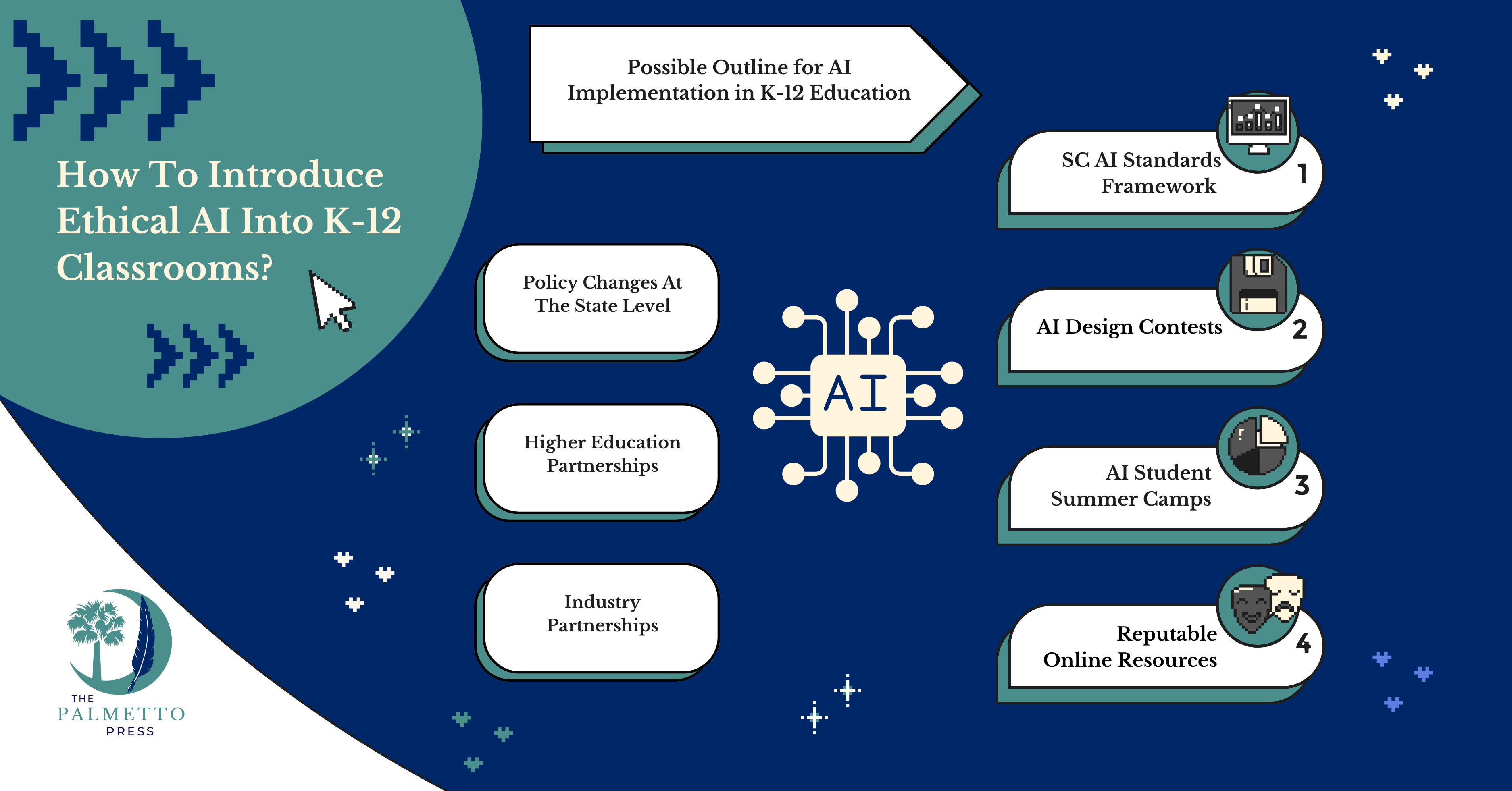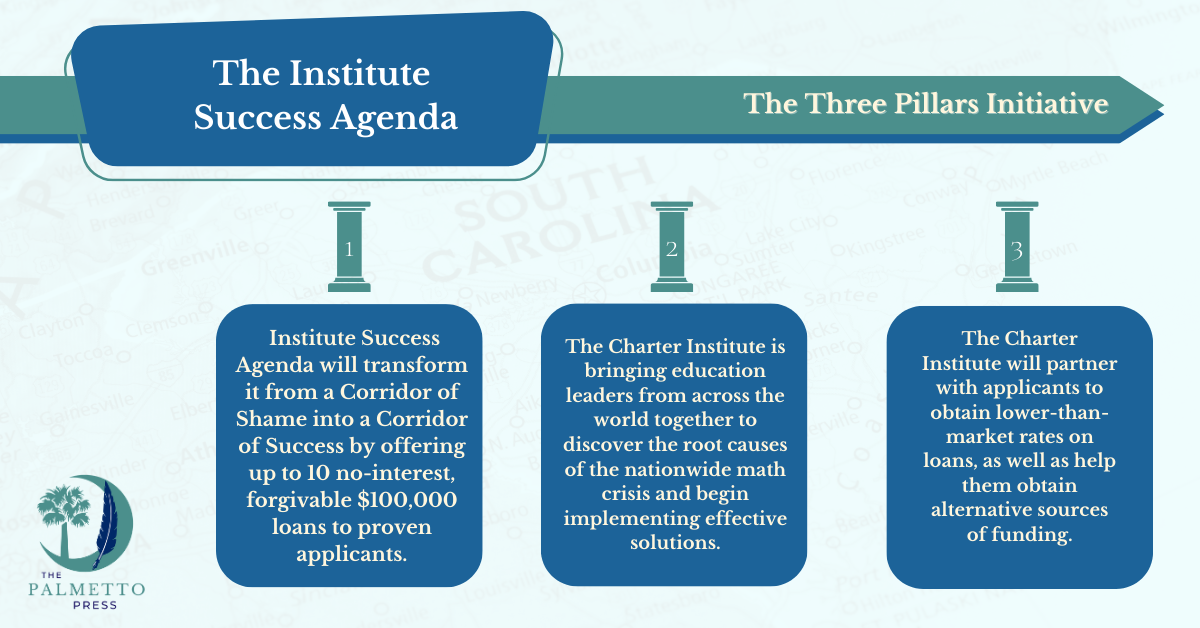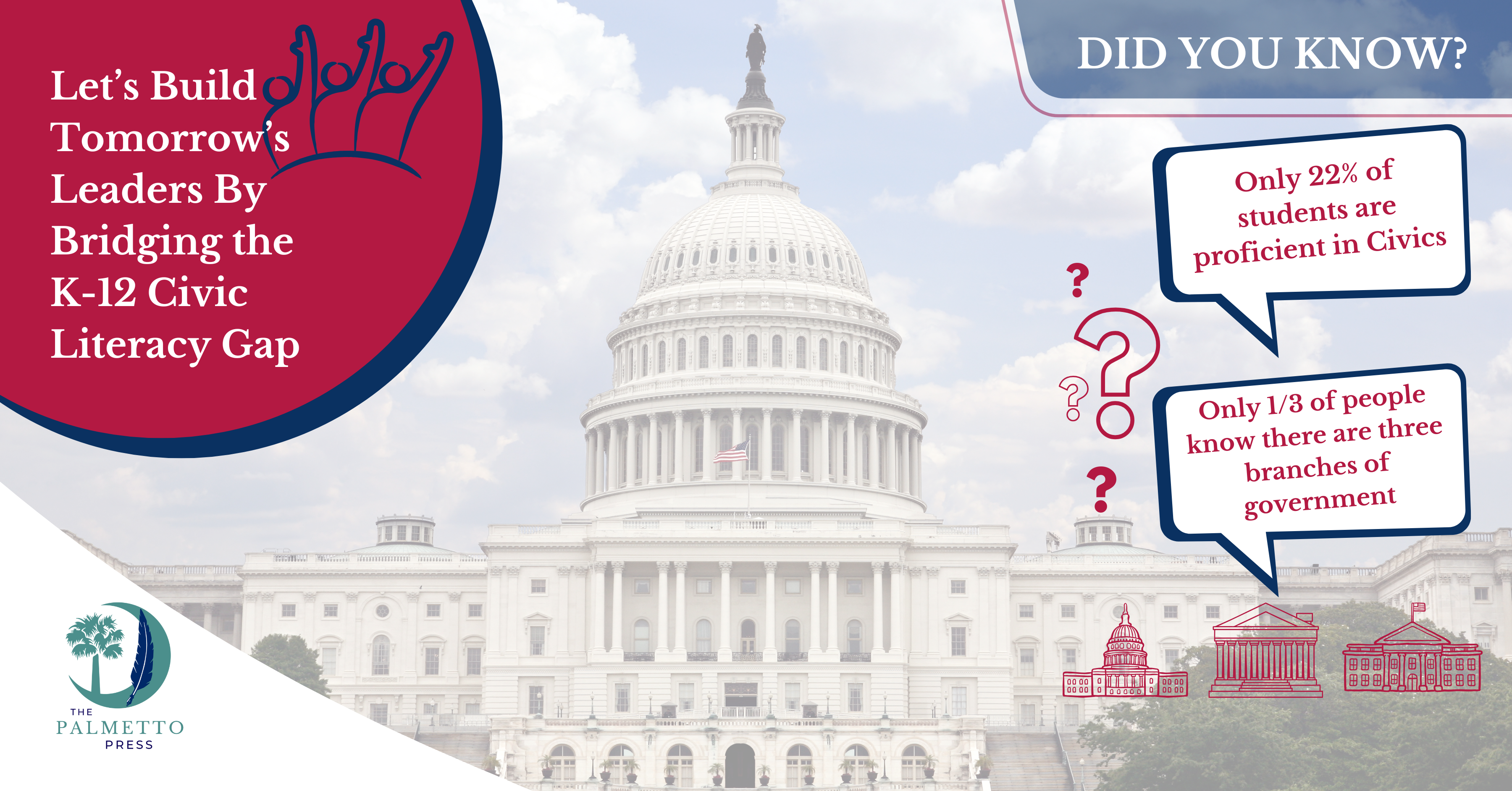written by

When BlueDot, an AI platform, flagged “unusual pneumonia” cases around Wuhan, China on December 30, 2019, the world was unprepared for what came after it. BlueDot was the first to detect COVID-19, nine days before the World Health Organization alerted the public about the novel virus. The BlueDot algorithm scours news reports and airline ticketing data to predict the spread of diseases and has set a new precedence in predicting outbreaks.
While there are potential uncertainties about the emerging technology, there is a consensus that industries can boost productivity, and operational efficiency while potentially creating new jobs. In this defining moment, K-12 education cannot be a stranger to implementing a healthy pathway for educators to synergize AI into the school system. AI will optimize school operations, streamline instructional strategies, and build strong systems thinking in students from a young age.
Today’s children are growing up in a highly digital environment with constant access to information, increasing the need to develop strong digital literacy skills to navigate, filter, and critically evaluate information sources. A first-time survey on “Youth AI Use & Understanding” conducted by the National 4-H Council found that 66% of young people between the ages of 9 and 17 expressed at least some understanding of generative AI and its applications. The survey further states that three-fourths of kids are seeking adult support in learning the ethical usage of these tools.
Southern Regional Education Board (‘SREB’) Commission on Artificial Intelligence in Education, chaired by Governor Henry McMaster is at the forefront of these efforts to develop recommendations for Southern states about AI usage in teaching and learning, at K-12 and postsecondary levels. At their recent conference, Commission Co-Chair Brad Smith, president of Marshall University in West Virginia and former Silicon Valley CEO said, “As they say in the tech sector, speed is a choice, but it is also a discipline. You need to have a championship pace, but you need to match it with a championship process.”
State agencies are working with research institutions and companies to design, build, and establish clear guidelines for AI-embedded curricula aligned with state standards in the classrooms. Look no further than Florida where the University of Florida (‘UF’) pioneered the “Engaged Quality Instruction Through Professional Development Program, an AI Pathway Program”. Their approach encompasses transforming teaching practices in the fields of inquiry and science to ensure the delivery of holistic AI education through upskilling teachers to deliver high-quality instruction for every student. UF’s model emphasizes system thinking with practical applications through AI contests and summer camps at different grade levels. Florida enacted CS/HB 1361 to provide school districts with grants to implement AI that supports the needs of students and teachers. AI can personalize learning experiences by tailoring lessons to individual student needs, favoring student achievement and growth at all learning levels.
South Carolina developed a comprehensive “Artificial Intelligence Standards Framework” in 2023 and is currently working to secure field reviews for plausible modifications. The state has yet to join the forty states that introduced AI bills, adopted resolutions, or enacted legislation. Several school districts across the state issued guidelines on AI usage, however, the K-12 community is awaiting a comprehensive AI program development and implementation plan for the state. Meanwhile, South Carolina students and teachers can access free educational resources in the classroom for AI course content, technical skills, and challenges such as AI4ALL, AI For Good, AI World School, MIT App Inventor, Microsoft AI For Good, and Code.org. As AI usage has become pervasive, schools must establish clear guidelines and practices around plagiarism, data privacy, technology dependence, and the digital divide to ensure that AI tools are used responsibly and ethically.
Fei-Fei Li, a Computer Science Professor at Stanford University, works on fostering human values while building AI models. She says, “I often tell my students not to be misled by the name ‘artificial intelligence’ — there is nothing artificial about it. AI is made by humans, intended to behave by humans, and, ultimately, to impact humans’ lives and human society”.
Every tech entrepreneur, researcher, and practitioner asserts that AI is here to stay. AI continues to shape our world, and we must equip our students with the skills and knowledge to navigate and harness this technology responsibly. By integrating AI into our education system thoughtfully and ethically, we can prepare the next generation for a future where technology and humanity work cooperatively. As humankind is the designer and customer of AI, there is an overarching civic responsibility to build ethical AI systems, and this begins with incorporating systems thinking from a young age.





